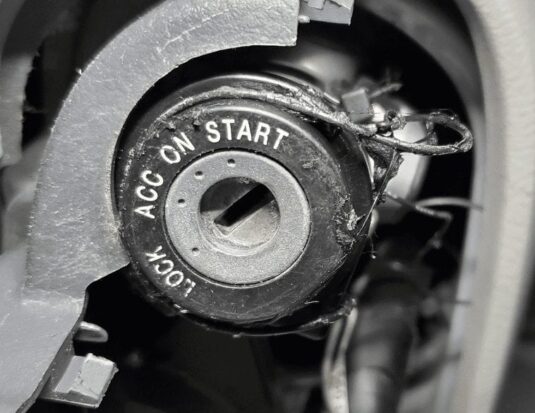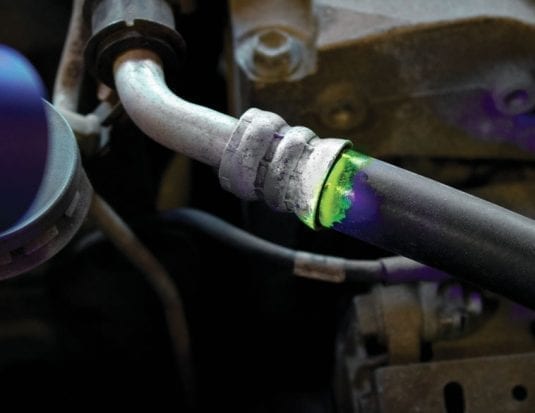Car Problems and Troubleshooting
Car problems can be frustrating for owners, ranging from oil leaks to overheating issues. Common car troubles include engine oil leaks, car not starting in cold weather, car starter problems, and car electronic diagnostics. In this section of our website, you will find some useful insights about these car problems and how to address them, along with tips for automotive mechanics.
Electrical and electronic problems
It is not uncommon to encounter electrical and electronic problems in modern cars, ranging from minor malfunctions to major failures. Such problems can manifest themselves in various ways, such as dashboard lights illuminating, difficulties starting the vehicle, or certain vehicle functions failing. Unfortunately, most motorists do not possess the necessary equipment or expertise to diagnose and repair such issues on their own. Therefore, it is essential to enlist the services of certified and experienced auto repair professionals to address these concerns.
Car leaking oil and engine oil leaks
Oil leaking from a car can cause significant damage to the engine if left unaddressed. Causes for engine oil leaks include a faulty valve cover gasket, a damaged oil pan gasket, or a loose oil filter. Car owners should regularly check for oil leaks, especially when the car is parked, and consult a professional mechanic for repairs.
Engine overheating
Engine overheating is a common issue that can result from various reasons, such as a radiator fluid leak, a malfunctioning thermostat, or a failing water pump. Signs of a car overheating include the engine temperature light illuminating and the car overheating while idling. Car owners should monitor the coolant levels and seek professional help to diagnose and resolve the issue.
Car not starting, a frustrating and common problem
A car that doesn’t start can be caused by a variety of problems, including a dead battery, car starter issues, ignition switch problems, a fuel system issue, or a failing alternator. Car owners should be aware of the signs of a failing alternator, such as dimming headlights and slow engine cranking. If the car does not start or the engine does not start, seeking professional help to diagnose the issue is essential. Proper diagnosis and troubleshooting of these kinds of issues require the use of appropriate technology and electronic diagnostic tools such as oscilloscopes, circuit testers, multimeters, battery analyzers, and load testers. These tools are essential in identifying the root cause of electrical issues, ensuring accurate diagnosis and effective repair. Neglecting to address electrical problems can lead to expensive breakdowns and cause irreversible damage to a car’s electrical system. Therefore, it is crucial to prioritize prompt and reliable repair services from certified auto technicians who possess the necessary skills and equipment to handle these issues.
Car heating issues and electric car breakdowns
Car heating problems can be frustrating, especially in cold weather. A car not heating up can be caused by issues with the heating system, coolant, or water pump. Additionally, electric car breakdowns can be caused by battery or charging system issues. Regular maintenance and check-ups can help prevent these issues.
Car shaking and vibrations: suspension and wheel alignment issues
Car shaking at high speeds or when accelerating can be caused by various factors, including unbalanced wheels, or suspension issues. Car owners should regularly inspect their tires for uneven wear and have their wheels balanced and aligned to prevent car vibrations at higher speeds.
Brakes squeaking and squealing
Brakes squeaking or squealing can be an indication of worn brake pads and rotors or other brake system issues. Car owners should have their brake system inspected regularly to ensure optimal performance and safety.
Transmission problems and automatic transmission slipping
Transmission problems can lead to erratic gear shifting or automatic transmission slipping. Signs of transmission trouble may include difficulty shifting gears or unusual transmission noises while driving. Car owners should consult a professional mechanic for diagnosis and repair of transmission malfunctioning. In conclusion, being aware of common car problems and addressing them promptly can help prevent costly repairs and keep the vehicle running smoothly. Regular maintenance, timely inspections, and consulting a professional mechanic when needed can go a long way in ensuring the longevity and performance of any car owner.








